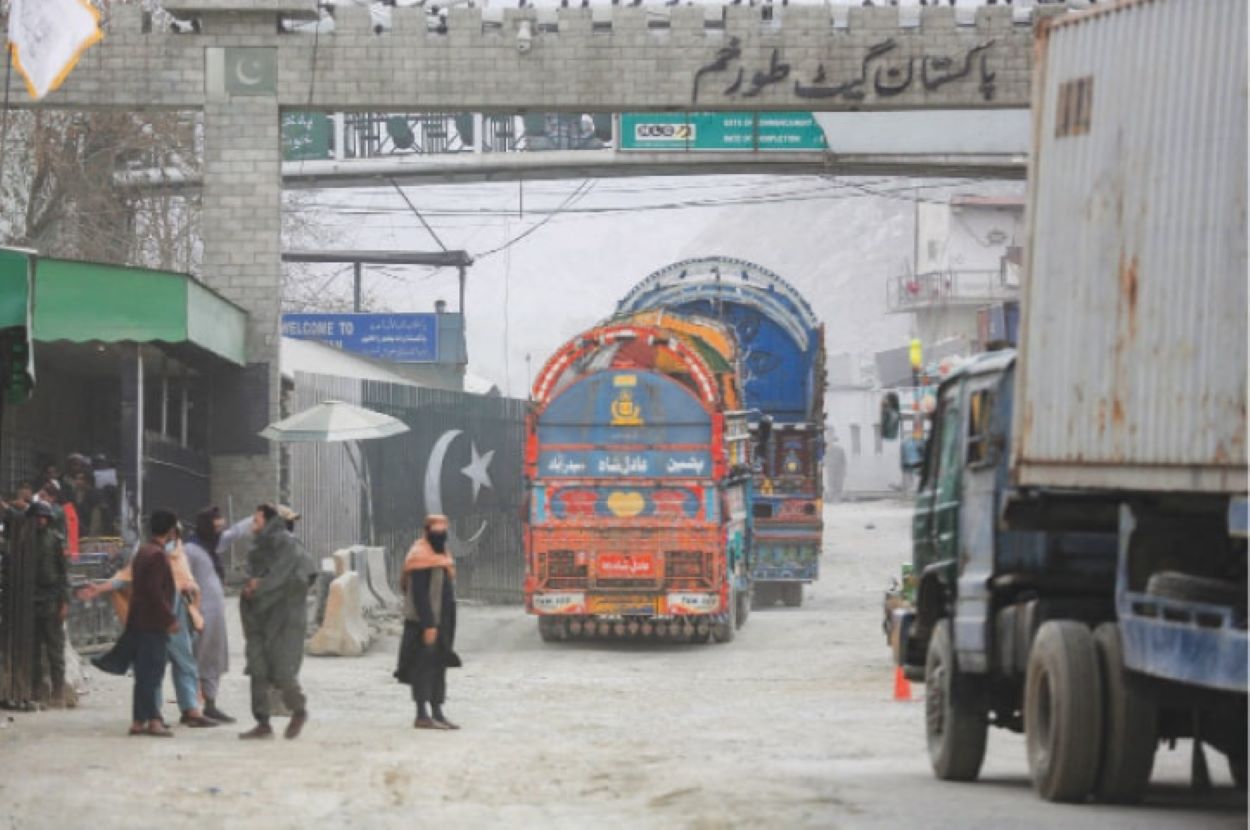Recent data from Afghanistan’s Ministry of Industry and Commerce reveals robust trade activity between Pakistan and Afghanistan, with bilateral exchanges reaching $989 million during the first six months of 2025. The figures demonstrate a strengthening economic relationship despite regional geopolitical challenges.
Afghanistan exported goods worth $277 million to Pakistan during this period, with cotton, coal, and agricultural products like onions, tomatoes, and raisins leading the export basket. The country also shipped significant quantities of mung beans and talc stone across the border.
Pakistan’s exports to Afghanistan totalled $712 million, dominated by Sella rice, pharmaceutical products, and sugar. Cotton textiles and industrial raw materials also featured prominently in the trade flow, supporting Afghanistan’s manufacturing sector.
Bilateral trade between Afghanistan and Pakistan reached nearly $1 billion in the first half of 2025, signaling improved economic ties despite regional challenges.https://t.co/yD6Ho85wzY
— Khaama Press (KP) (@khaama) July 13, 2025Abdul Salam Jawad, spokesperson for Afghanistan’s Commerce Ministry, emphasised the mutual benefits of this trade relationship. “The current trade volume reflects growing economic interdependence that serves both nations’ interests,” Jawad stated.
Trade analysts note improvement compared to 2024 figures, with TOLO News reporting increased Afghan exports to Pakistan year-over-year. The Afghanistan Chamber of Commerce and Investment confirmed that active trade continues through four major border crossings: Chaman, Spin Boldak, Torkham, and Dand Patan.
Khan Jan Alokozai, a Chamber board member, acknowledged progress while noting potential for expansion. “Although the Ghulam Khan route remains closed, we’re witnessing better trade conditions than last year,” Alokozai observed.
Mirwais Haji Zada of the Agriculture Chamber advocated for deeper engagement: “Pakistan represents a crucial market for Afghan agricultural products. Many of these goods aren’t locally available in Pakistan, creating natural trade complementarity. We must pursue constructive dialogue to strengthen this relationship.”






